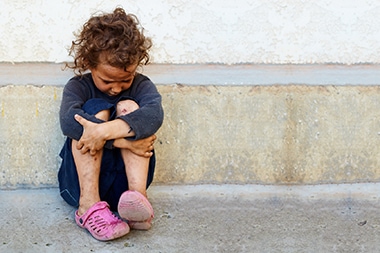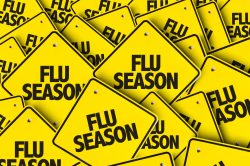It may come as no surprise to healthcare industry veterans, but there are fresh data that shed new light on greater utilization of emergency rooms by pediatric patients in neighborhoods viewed as disadvantaged. Statistically, kids who live in “low opportunity” areas are roughly 33% more likely to visit an urgent care center or the ED than children who grow up elsewhere. It’s not just scratchy throats and sudden fevers sending them there, either; the less-advantaged …
Read More



